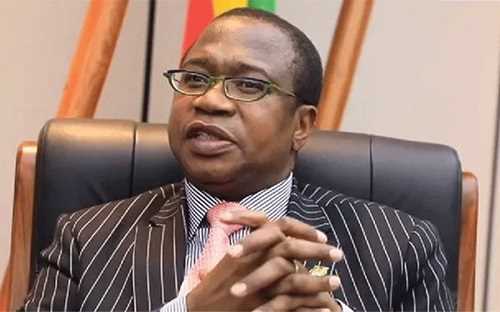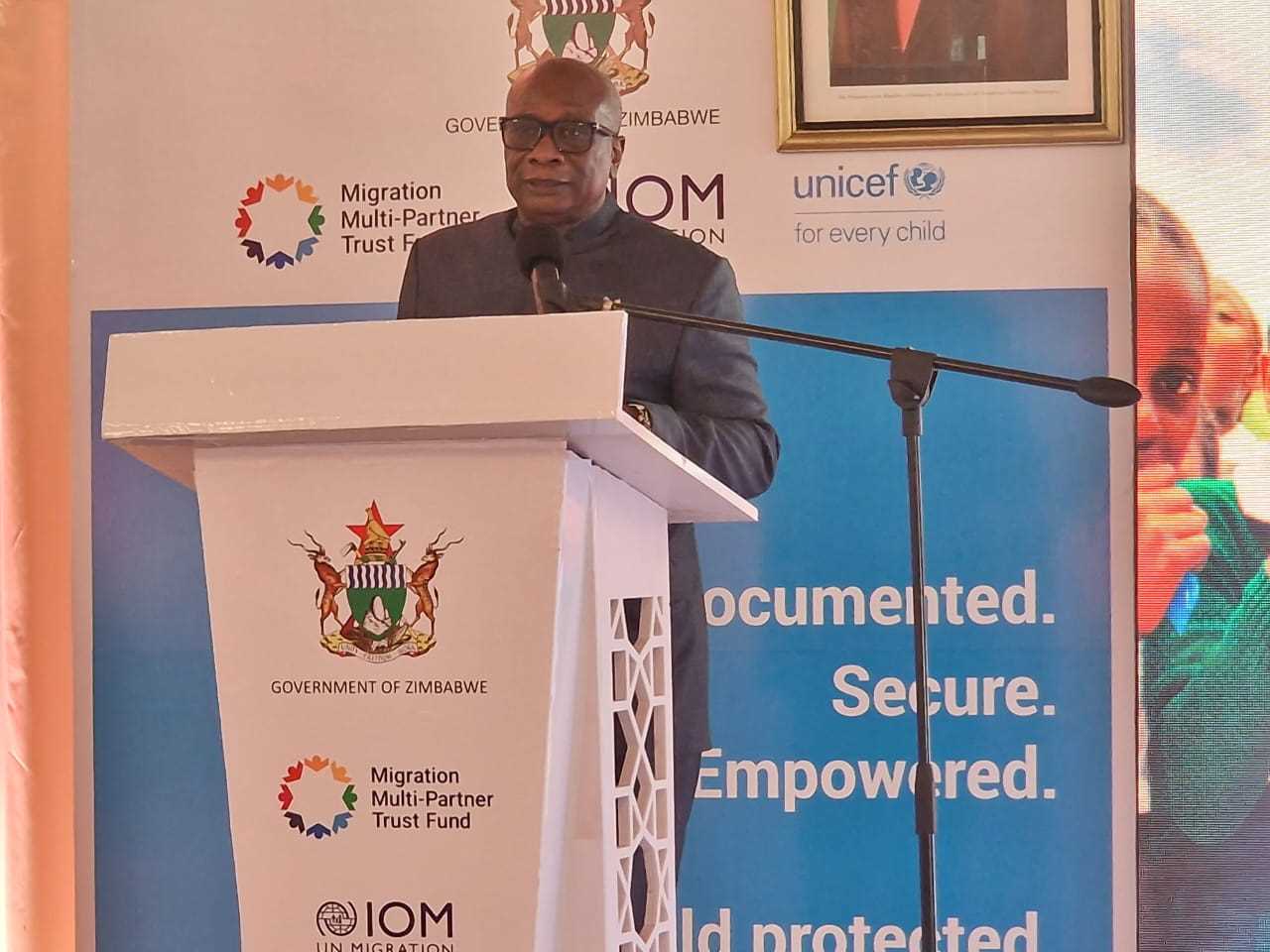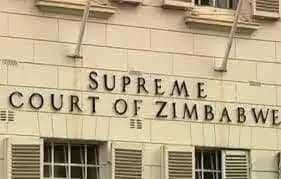
Zim Now Writer
The government has announced that starting tomorrow, a 1% tax will be levied on all foreign payments.
The move, which was announced by Finance and Economic Development Minister, Professor Mthuli Ncube on Monday comes amid months of economic instability, rapid depreciation of the Zimbabwean dollar, and significant price hikes.
The cocktail of measures introduced is expected to address the challenges.
The tax on all foreign payments in Zimbabwe can help the economy in multiple ways.
Firstly, it is expected that the revenue generated can fund public services and infrastructure development, addressing social and economic challenges.
Secondly, it can reduce the outflow of foreign currency that depletes foreign exchange reserves, thereby managing its availability and flow, and reducing dependence on external sources.
Related Stories
Government is also introducing a system to trace the origin of gold, both commercial and small-scale, in line with international standards.
The country has reportedly lost billions of dollars annually due to illicit flow of gold, as well as other minerals like chrome and lithium, through porous borders.
Prof Ncube also stated that Treasury will now fund the Zimbabwean Dollar component of the 25% foreign currency surrendered by exporters to eliminate the creation of additional money supply.
He said banks will no longer withhold any foreign currency surrendered by exporters, and all liabilities to the banks will be settled through Treasury.
The minister also stated that the Treasury will maintain the USD Cash withdrawal tax at 2%. This tax was introduced in May 2022, where the Foreign Currency Cash Withdrawal Levy for amounts above US$1 000 was reviewed from 5 cents per transaction to 2%.
Ncube also said excise duty on fuel will now be paid for in foreign currency. This is a departure from a directive issued in 2019, as published in a Government Gazette Extraordinary dated 20th May 2019.
At that time, Ncube reduced the rate of excise duty on leaded petrol and unleaded petrol to a uniform rate of $1.15 per litre and the rate of excise duty on diesel and power kerosene to a uniform rate of $0.90 per litre. The new rates were expressed in the local currency, not the US dollar.


















Leave Comments